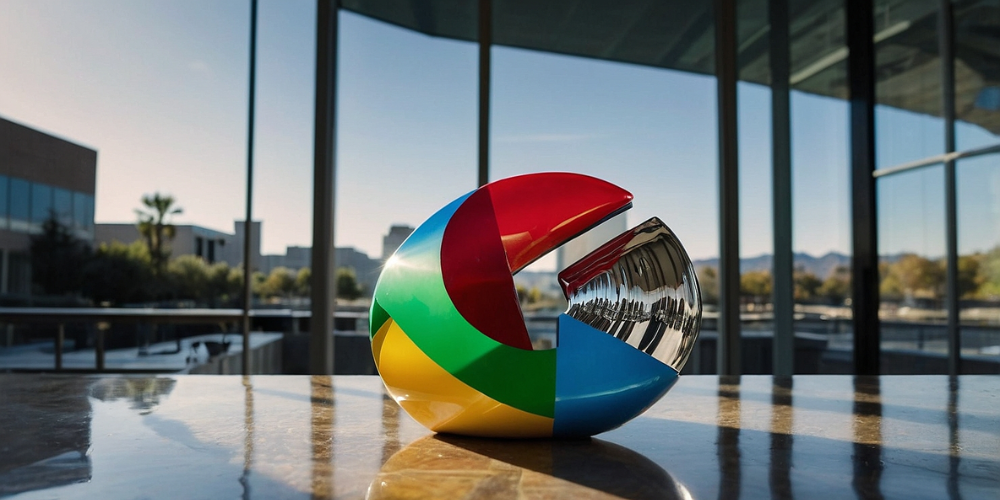Google Challenges Justice Department's Proposal to Sell Chrome in Antitrust Case
Dec-26-2024

The ongoing legal battle between Alphabet Inc.'s Google and the US Justice Department has taken a significant turn as Google criticizes the government's proposal to compel the sale of its Chrome web browser. The company argues that such a measure is extreme and contrary to legal standards, cautioning that it might hinder innovation and future investments.
In a recent court submission, Google addressed the DOJ's plan and suggested an alternative solution. The tech giant contends that forcing a sale of Chrome does not correspond to the illegal practices the judge identified, which pertained to exclusive agreements with various browser providers, smartphone makers, and telecommunications companies.
Google stated that courts disapprove of excessive measures, asserting that remedies for anticompetitive actions should be of a similar nature to the misconduct. The Justice Department, along with several states, has urged Judge Amit Mehta will require the sale of Chrome and implement various changes to enhance competition in the online search landscape.
According to Google, any corrective action should permit rival browsers, such as Apple's Safari, to negotiate deals with the search engine that best serves their users. Judge Mehta previously ruled that Google’s financial transactions with Apple and other companies to secure default browser status were unlawful.
Google's alternative proposal aims to maintain revenue-sharing opportunities with competitor browsers, while also facilitating multiple default options across different devices. This approach would enable manufacturers to preload various search engines without being obligated to include Chrome or Google Search alongside other Google applications.
This recent filing marks Google's first formal response since the court found that it had illegally dominated the digital search and advertising markets. Although the company intends to appeal the judgment, it must wait until the case concludes.
Mulholland pointed out that if the DOJ believed that Google's investments in Chrome, advancements in AI technology, web crawling practices, or algorithm development were anticompetitive, it would have pursued those matters legally, but it did not.
Judge Mehta has scheduled a session for April to figure out how to tackle the absence of competition in the markets where Google holds a dominant position, promising a final ruling by August 2025. A spokeswoman for the Justice Department refrained from commenting, redirecting inquiries to the agency's previously submitted documents in this case.







